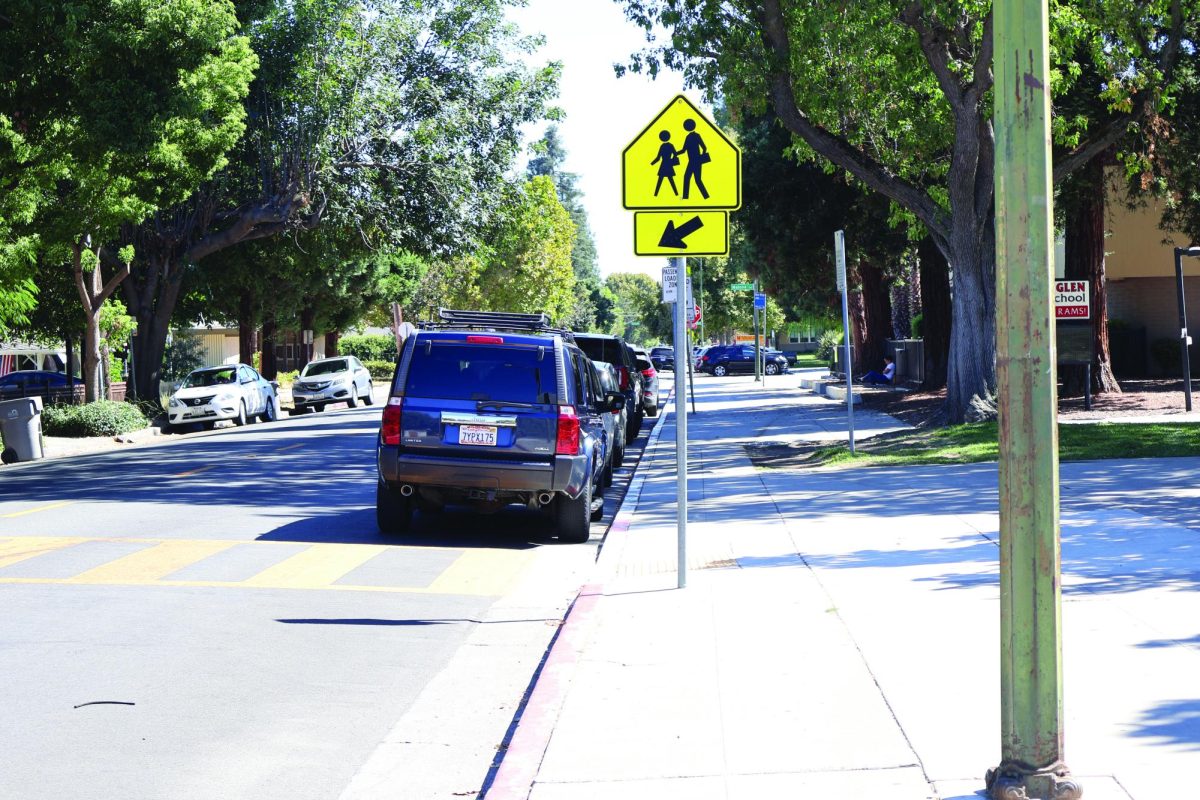Music plays a vital role in the daily lives of people of all ages and cultures around the world, making it one of the most universal forms of expression. Our relationship with music can be extremely personal given that we are from a wide range of cultures with a diversity of life experiences. This can be extremely sensitive, easily manipulated, and often complicated, with constant fluctuations based on our feelings.
Engaging in music can have numerous beneficial effects on individuals, in addition to providing a platform for the expression of one’s thoughts and emotions. Research done by the Harvard Medical School has demonstrated that listening to music can lead to substantial improvements in mental health, affect physical health, and the quality of life.
Memorization, focus, and learning can all be enhanced by music. It is often used during activities such as studying and working, which advances the way you intake information. Dr. Masha Godkin, a professor in the Department of Marriage and Family Sciences at National University states that “Music activates both the left and right brain at the same time, and the activation of both hemispheres can maximize learning and improve memory”.
Although researchers have found a positive impact on human development, they found that no specific intervention of music works best for all people. The extent of how much impact a specific type of music has on a person varies due to our individual beliefs, characteristics, and way of thinking. Each person’s musical preferences are unique to their identity, although they all play a significant part in our development and health as humans.
English teacher Samuel Owen discusses the influence of music on one’s identity.
“Listening to music is definitely expressing yourself,” says Mr. Owen, “it is something that is uniquely you”.
When you play or listen to music, your brain releases dopamine, causing the “pleasure” centers of your brain to be triggered. Certain people like certain types of music over others, which means that during particular songs, a greater amount of dopamine is released. According to a study done by Adilah Ahmad, this strengthens the link between the pleasure center and other brain regions, such as the hippocampus, which is crucial for memory, and the amygdala, which is involved in processing emotions.
English teacher Samuel Owen continues to comment on how music connects to our emotions.
“We feel like we are connecting with someone else with similar feelings and how [they] may be dealing with it,” says Mr. Owen.
The Ram Pages then asked students their favorite songs to showcase the wide variety of music tastes at Willow Glen High School.
Sophomore Sean Dapper answered 16 by Baby Keem. “I chose this song because I love the beat and genre.”
Sophomore Ari Shirk answered Don’t Burn the Witch by Venom. “I grew up around metal and have learned to love it.”
Sophomore Elena Brown answered Hidden Place by Bjork stating, “I like this song because the instrumentals are interesting and her vocals are soft, which I enjoy.”
Sophomore Eva Primrose answered Dreaming of You by Selena. “I’ve listened to her since I was a child and I always loved her, and the meaning behind the song is really nice.”
Sophomore Andrew Booker answered Clair de Lune by Claude Debussy. “I chose this song because it was the first song I learned to play on the piano.”
Junior Maya Colon answered Wonderland by Taylor Swift. “It releases serotonin, you know? It gets me in the mood.”
Freshman Adelaide Comartin answered Cover Me Up by Morgan Wallen. “I think it really captures his voice and I like his music.”
Freshman Jaelynn Navarro answered Thinkin’ Bout You by Frank Ocean. “I like this song because it is very heartfelt and I’ve listened to it since I was little.”











